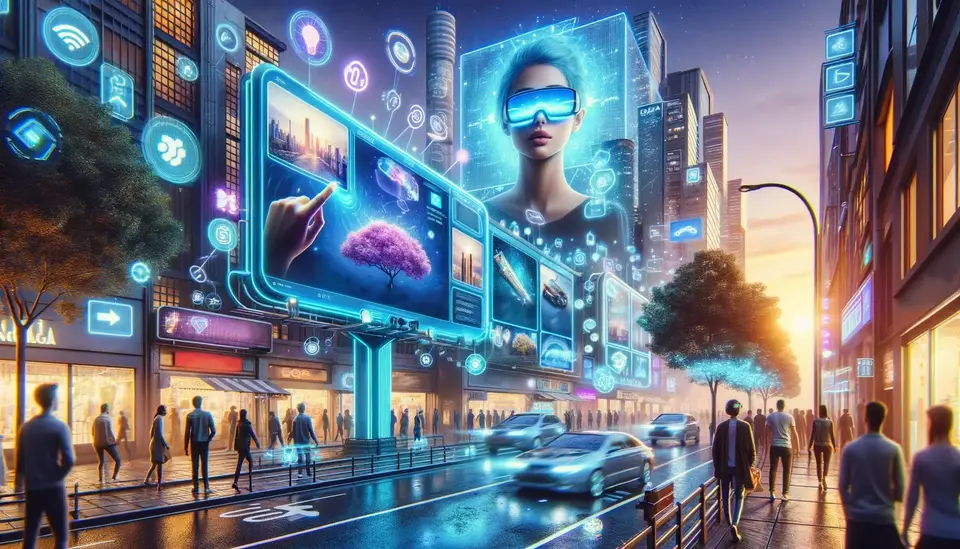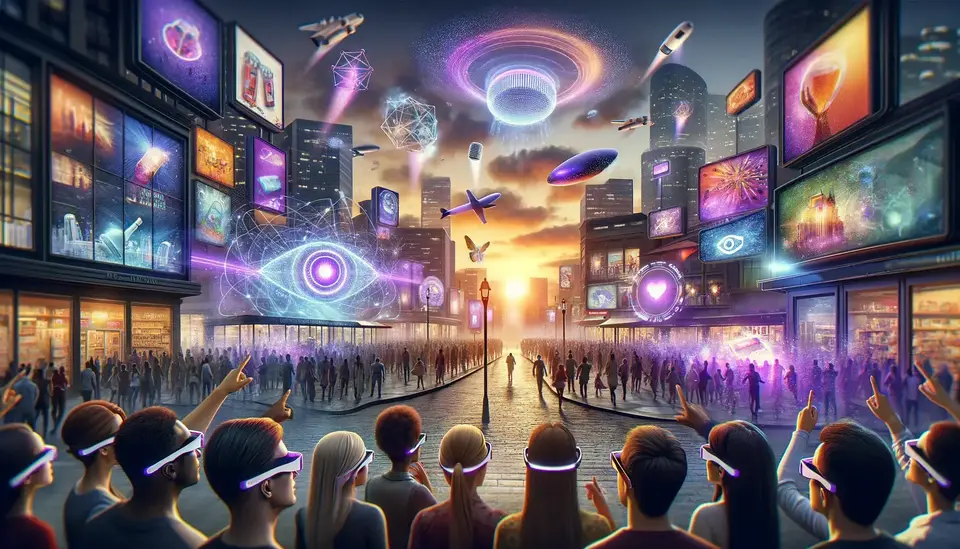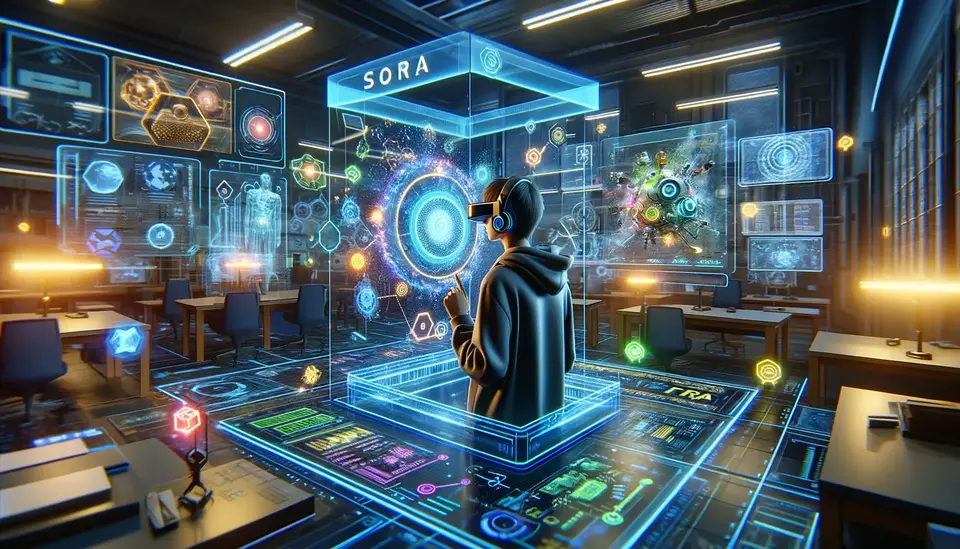The Potential Impacts of Augmented Reality (AR) on Identity and Self-Expression
Posted on April 2, 2023 3 minutes 469 words
Table of contents
Augmented reality (AR) is rapidly becoming a part of our everyday lives. As this technology continues to evolve, it has the potential to significantly impact how we perceive and express our identities. In this blog post, we’ll explore the various ways AR is influencing self-expression, the concept of personal identity, social interactions, and the ethical considerations surrounding its use.
The rise of AR in self-expression
AR has opened up new avenues for creativity and self-expression by allowing users to create, modify, and share virtual representations of themselves. Popular social media platforms, such as Snapchat and Instagram, have introduced AR filters and effects that enable users to experiment with their appearance and share these creations with friends. By democratizing access to creative tools, AR empowers a wider audience to express themselves artistically.
AR and personal identity
In the digital age, our identities are increasingly shaped by the virtual spaces we inhabit. AR adds another layer to this process by allowing users to experiment with different aspects of their identity, such as their appearance, interests, and social roles. However, constantly shifting and adapting virtual personas can lead to questions about an individual’s sense of self and authenticity in the digital realm.

AR’s impact on social interactions
AR has the potential to revolutionize social interactions by facilitating new forms of communication and connection. By breaking down physical and geographical barriers, AR can create more inclusive environments for people from diverse backgrounds. However, there are potential drawbacks, such as deepening the digital divide and exacerbating online harassment, that must be addressed to fully harness AR’s social potential.
The ethical considerations of AR and identity
The powerful capabilities of AR come with ethical concerns, such as the potential for malicious uses like deepfakes or impersonation. Additionally, AR-enhanced surveillance poses significant threats to privacy and personal autonomy. To ensure the responsible use of AR technologies, it’s crucial to establish ethical guidelines and regulations that protect users’ rights and interests.
The future of AR and self-expression
As AR becomes more integrated into our daily lives, the line between reality and virtuality may blur, leading to a normalization of virtual personas. This could significantly impact various aspects of society, including education, work, and entertainment. To harness the full potential of AR in a responsible and empowering manner, ongoing research, innovation, and ethical considerations are essential.
Conclusion
The potential impacts of augmented reality on identity and self-expression are vast and varied. As we continue to embrace and explore this technology, it’s crucial to reflect on how AR is shaping our sense of self and our interactions with others. By fostering responsible innovation, regulation, and ethical use of AR technologies, we can ensure that its potential is harnessed for the benefit of individuals and society as a whole.








